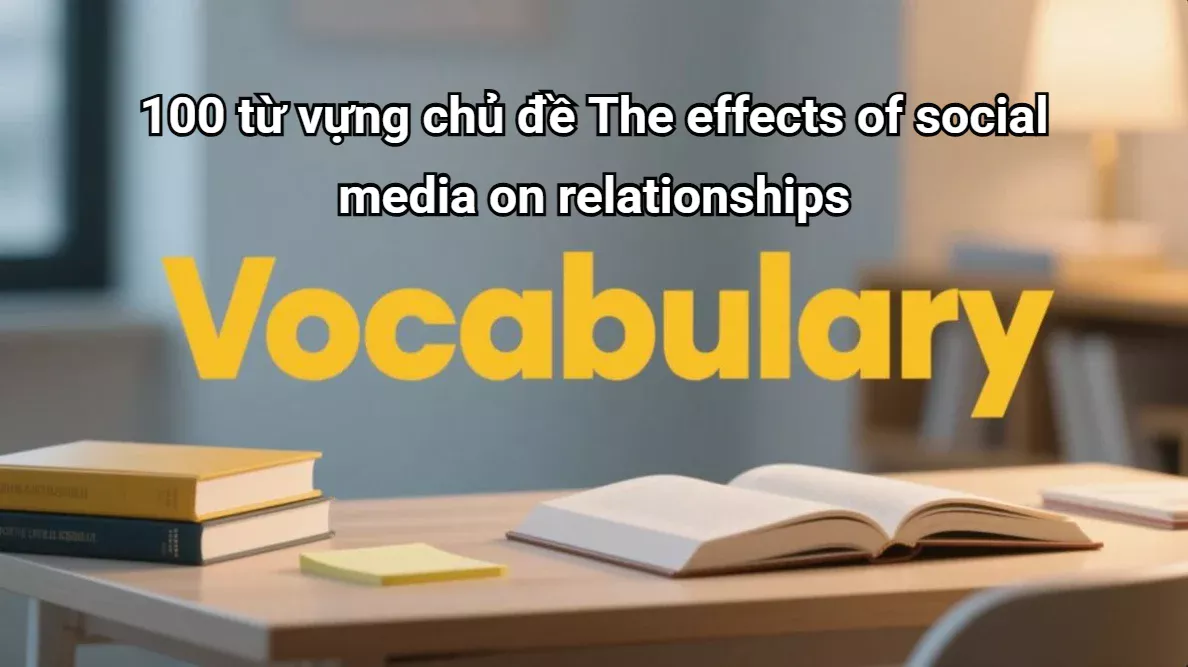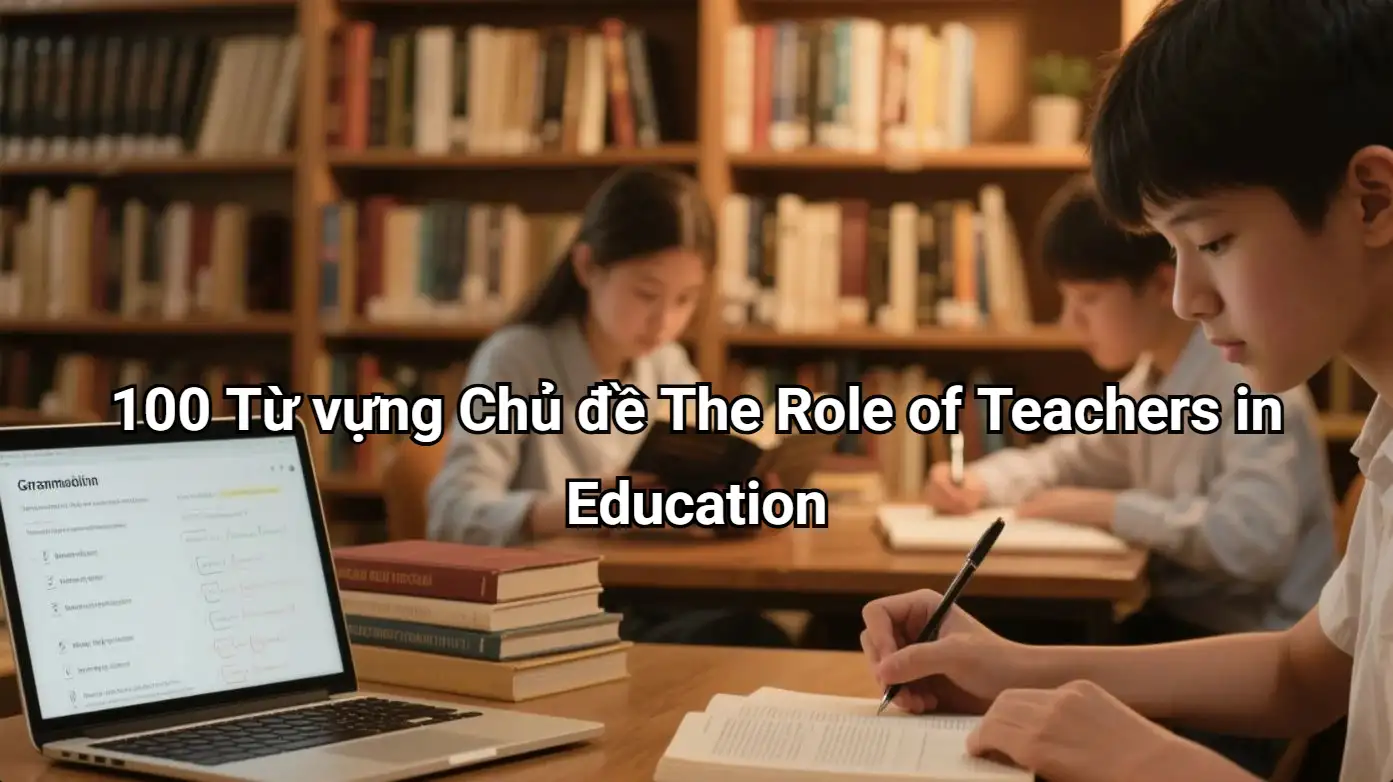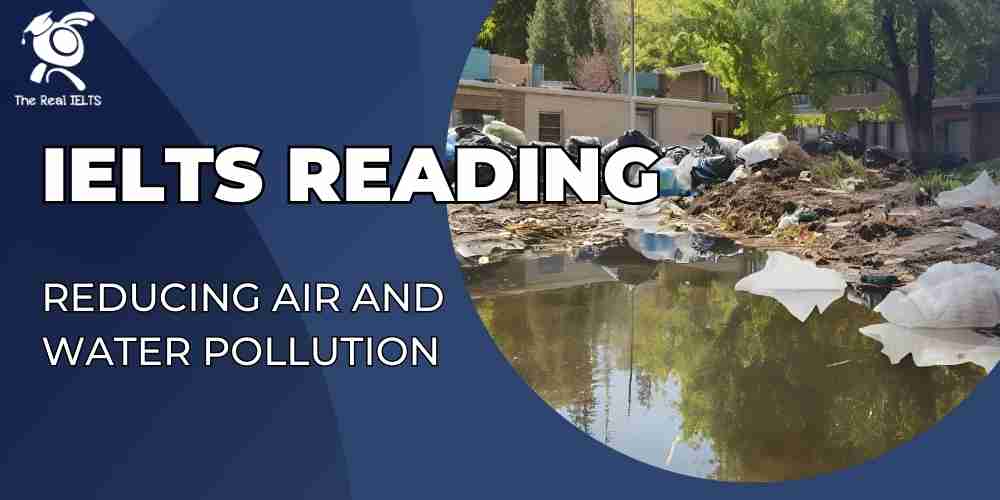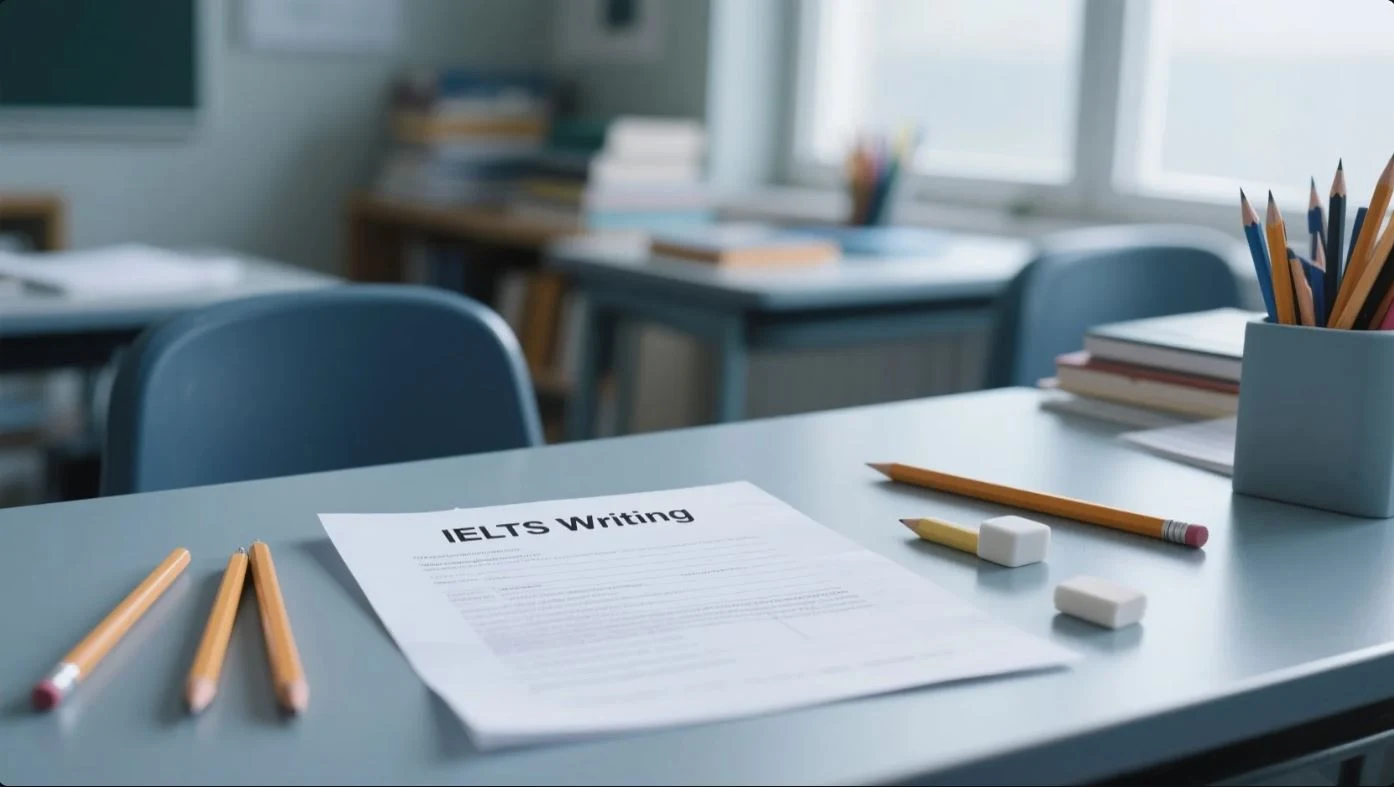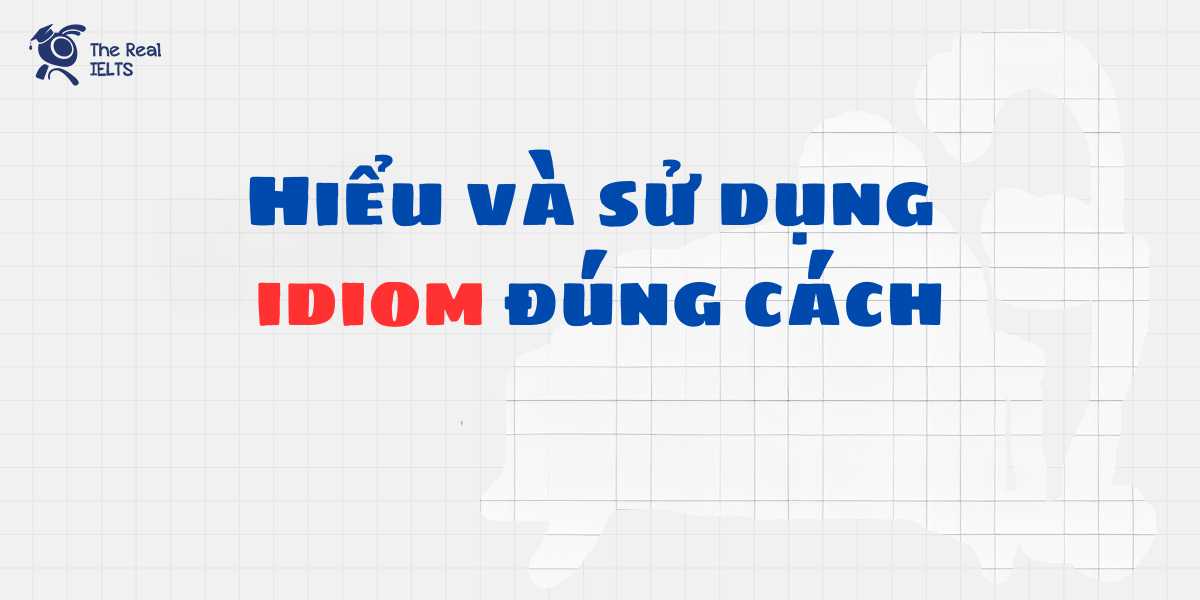Đề bài IELTS Writing Task 2 dạng Agree or Disagree Part 87
You should spend about 40 minutes on this task
The government should subsidize the arts. To what extent do you agree or disagree?
Write at least 250 words.
Giải mẫu IELTS Writing
The debate over whether the government should subsidize the arts has been a longstanding issue. While some argue that public funding for the arts is essential for cultural development and societal well-being, others believe that such spending is unnecessary and should be directed toward more critical areas. In my opinion, I partially agree that the government should support the arts, but this support should be balanced and strategically allocated.
Firstly, subsidizing the arts can significantly contribute to preserving and promoting cultural heritage. Art forms such as traditional music, dance, theater, and visual arts are crucial in maintaining a nation’s cultural identity. Without adequate funding, many of these art forms, especially those not commercially viable, could fade away, leading to a loss of cultural diversity. Government subsidies can help ensure that these traditions are preserved for future generations and that they are accessible to all segments of society, regardless of socioeconomic status.
Moreover, the arts play a vital role in education and personal development. Studies have shown that exposure to the arts enhances cognitive abilities, fosters creativity, and improves academic performance. By supporting arts education in schools and communities, governments can provide children and adults with opportunities for personal growth and enrichment that might otherwise be unavailable.
However, there are arguments against government subsidies for the arts. Critics often contend that public funds should prioritize essential services like healthcare, education, and infrastructure, especially in times of economic hardship. They argue that the arts should be self-sustaining through private patronage and market mechanisms. While this perspective has merit, it overlooks the fact that not all art can survive on a purely commercial basis. Many valuable art projects, especially those that challenge social norms or offer avant-garde perspectives, may not attract sufficient private funding.
In conclusion, while it is crucial to acknowledge the competing demands on public finances, the benefits of subsidizing the arts are substantial. Such subsidies help preserve cultural heritage, foster personal development, and enrich society as a whole. However, government support should be carefully managed and prioritized to ensure that it addresses the most critical needs without undermining other essential services. Therefore, I partially agree with the statement, supporting a balanced approach to arts funding.
Cấu trúc ngữ pháp và cấu trúc câu
Cấu trúc câu và ngữ pháp được sử dụng
- Câu mở đầu (Introduction Sentence)
- Dạng câu khẳng định đơn giản: “The debate over whether the government should subsidize the arts has been a longstanding issue.”
- Câu phức hợp (Complex Sentence)
- “While some argue that public funding for the arts is essential for cultural development and societal well-being, others believe that such spending is unnecessary and should be directed toward more critical areas.”
- “In my opinion, I partially agree that the government should support the arts, but this support should be balanced and strategically allocated.”
- Câu ghép (Compound Sentence)
- “Firstly, subsidizing the arts can significantly contribute to preserving and promoting cultural heritage.”
- “Moreover, the arts play a vital role in education and personal development.”
- Câu điều kiện (Conditional Sentence)
- “Without adequate funding, many of these art forms, especially those not commercially viable, could fade away, leading to a loss of cultural diversity.”
- Câu phức hợp có tính liên hệ (Complex Sentence with Relative Clause)
- “Government subsidies can help ensure that these traditions are preserved for future generations and that they are accessible to all segments of society, regardless of socioeconomic status.”
- Câu chỉ nguyên nhân – kết quả (Cause-Effect Sentence)
- “Studies have shown that exposure to the arts enhances cognitive abilities, fosters creativity, and improves academic performance.”
- Câu bị động (Passive Sentence)
- “Government support should be carefully managed and prioritized to ensure that it addresses the most critical needs without undermining other essential services.”
Từ kết nối các câu và đoạn văn
- Firstly – dùng để mở đầu đoạn thứ hai và giới thiệu lý do đầu tiên.
- Moreover – dùng để giới thiệu thêm một lý do nữa, bổ sung cho luận điểm trước đó.
- However – dùng để giới thiệu ý kiến trái ngược hoặc đối lập với những gì đã được đề cập trước đó.
- While – dùng để so sánh hoặc đối chiếu hai quan điểm khác nhau.
- Such as – dùng để liệt kê ví dụ cụ thể, giúp làm rõ hơn ý chính của câu.
- Especially – nhấn mạnh một điểm cụ thể trong một nhóm hoặc tình huống rộng hơn.
- In conclusion – dùng để bắt đầu đoạn kết luận, tóm tắt các điểm chính đã thảo luận trong bài.
- Therefore – dùng để chỉ ra kết quả hoặc hệ quả của các luận điểm trước đó.
Các từ vựng tiếng Anh cần lưu ý trong bài viết
- Subsidize – trợ cấp
- Cultural development – phát triển văn hóa
- Societal well-being – sự hạnh phúc của xã hội
- Public funding – tài trợ công cộng
- Cultural heritage – di sản văn hóa
- Art forms – các hình thức nghệ thuật
- Commercially viable – có khả năng sinh lợi về mặt thương mại
- Cultural diversity – đa dạng văn hóa
- Accessible – có thể tiếp cận được
- Socioeconomic status – tình trạng kinh tế xã hội
- Cognitive abilities – khả năng nhận thức
- Fosters creativity – thúc đẩy sự sáng tạo
- Personal growth – sự phát triển cá nhân
- Enrichment – sự làm giàu (về kiến thức, văn hóa, tinh thần)
- Critics – những người chỉ trích
- Essential services – dịch vụ thiết yếu
- Healthcare – chăm sóc sức khỏe
- Infrastructure – cơ sở hạ tầng
- Economic hardship – khó khăn kinh tế
- Private patronage – sự bảo trợ tư nhân
- Market mechanisms – cơ chế thị trường
- Avant-garde – tiên phong (trong nghệ thuật, văn hóa)
- Public finances – tài chính công
- Competing demands – những yêu cầu cạnh tranh
- Carefully managed – được quản lý cẩn thận
- Prioritized – được ưu tiên
Đọc thêm các bài Luyện Thi IELTS khác trong link nhé.



